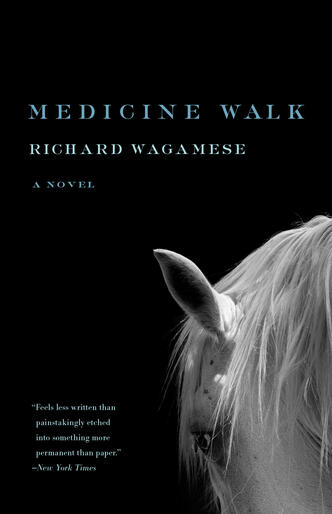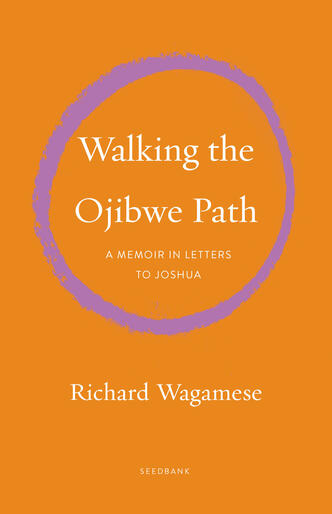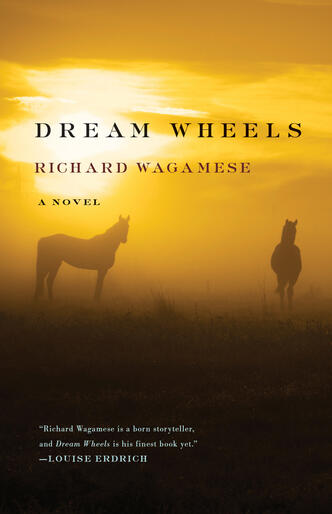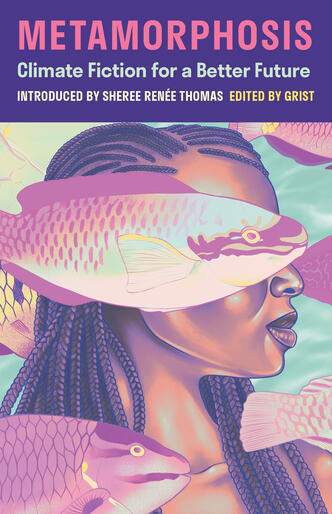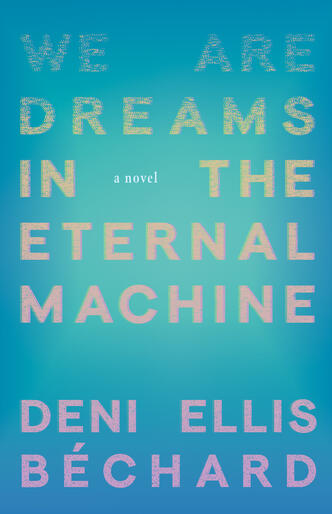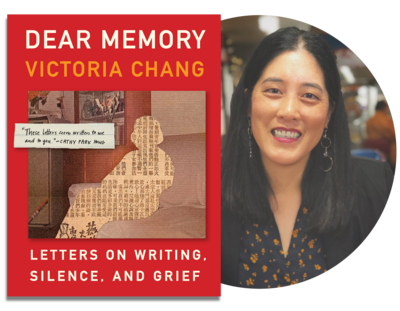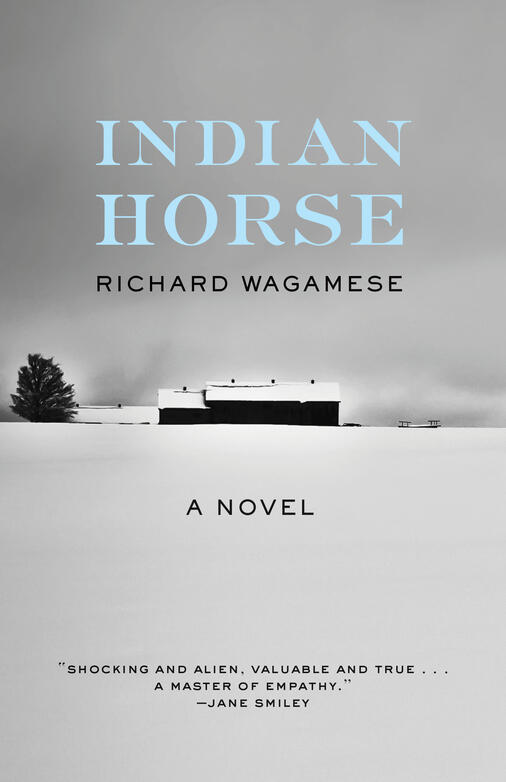
Indian Horse
Named a “Best Novel of the Decade” by Literary Hub
Now a major motion picture, produced by Clint Eastwood
Saul Indian Horse is a child when his family retreats into the woods. Among the lakes and the cedars, they attempt to reconnect with half-forgotten traditions and hide from the authorities who have been kidnapping Ojibway youth. But when winter approaches, Saul loses everything: his brother, his parents, his beloved grandmother—and then his home itself.
Alone in the world and placed in a horrific boarding school, Saul is surrounded by violence and cruelty. At the urging of a priest, he finds a tentative salvation in hockey. Rising at dawn to practice alone, Saul proves determined and undeniably gifted. His intuition and vision are unmatched. His speed is remarkable. Together they open doors for him: away from the school, into an all-Ojibway amateur circuit, and finally within grasp of a professional career. Yet as Saul’s victories mount, so do the indignities and the taunts, the racism and the hatred—the harshness of a world that will never welcome him, tied inexorably to the sport he loves.
Spare and compact yet undeniably rich, Indian Horse is at once a heartbreaking account of a dark chapter in our history and a moving coming-of-age story.



